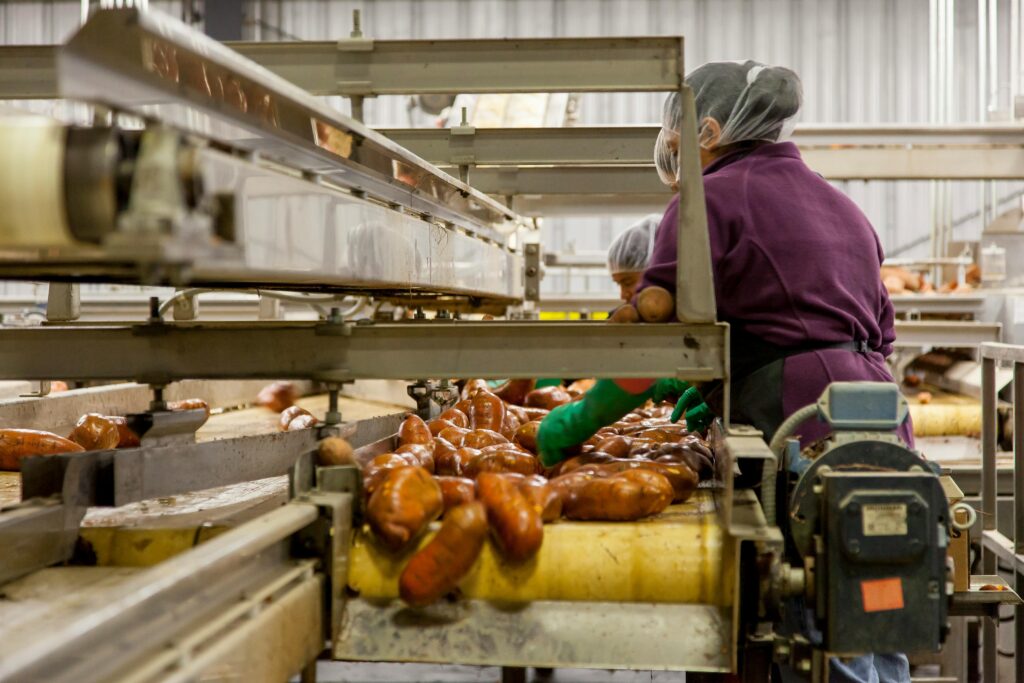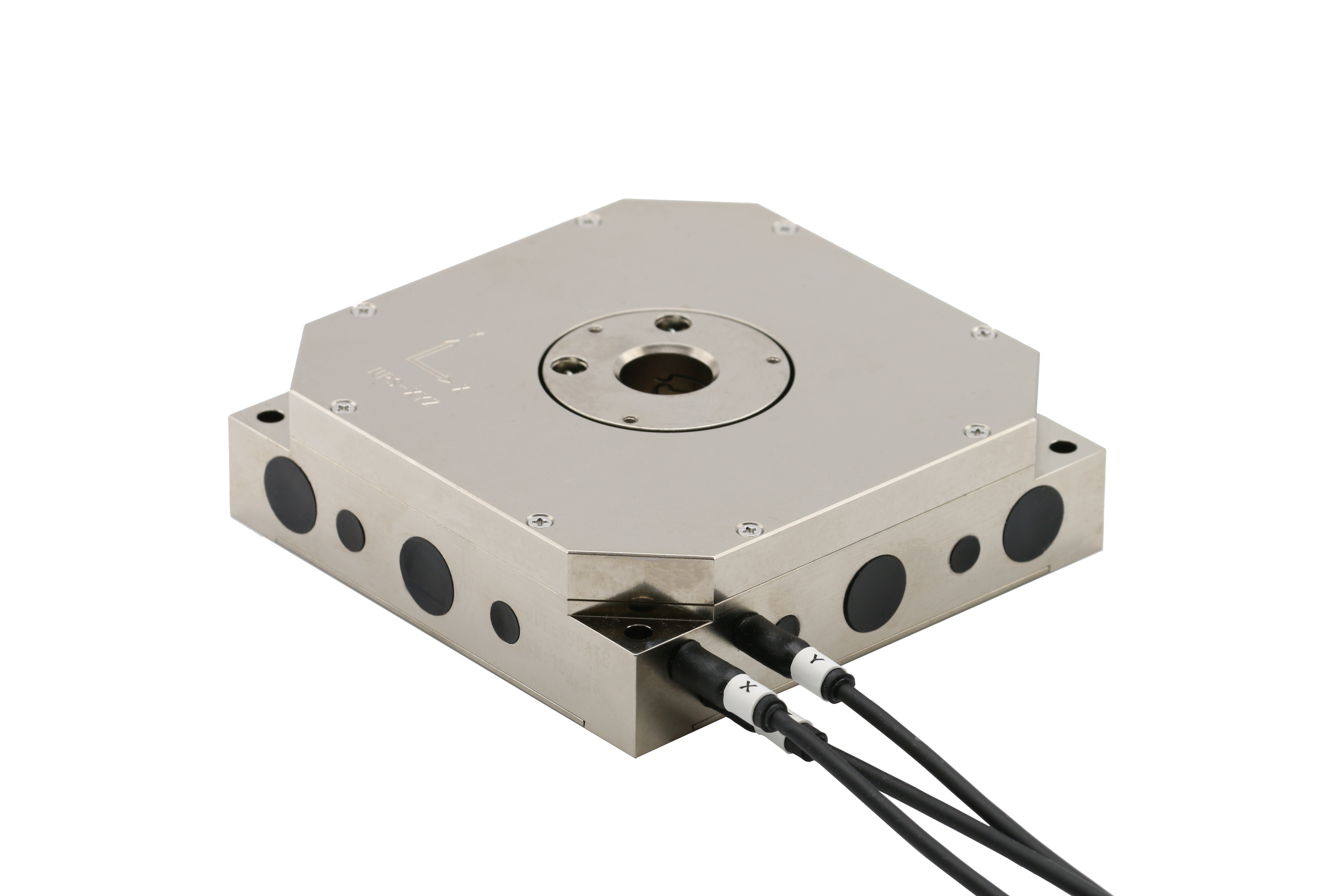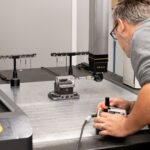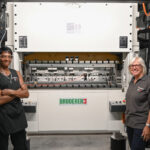Resistors are indispensable in the transition to smarter, safer and more sustainable factories, but their contribution is often overlooked. Here, Mike Torbitt, managing director of resistor manufacturer Cressall, explains how resistors ensure the reliability and efficiency of factory operations, from motor control to safely stopping equipment in the case of emergencies.
In manufacturing’s modernisation shift, breakthrough technologies such as the Internet of Things (IoT) and AI are rightly spotlighted as key drivers of change. However, the importance of more mature technologies in improving operations is often overlooked. Take for instance, resistors, which support and enable a wide range of industrial applications.
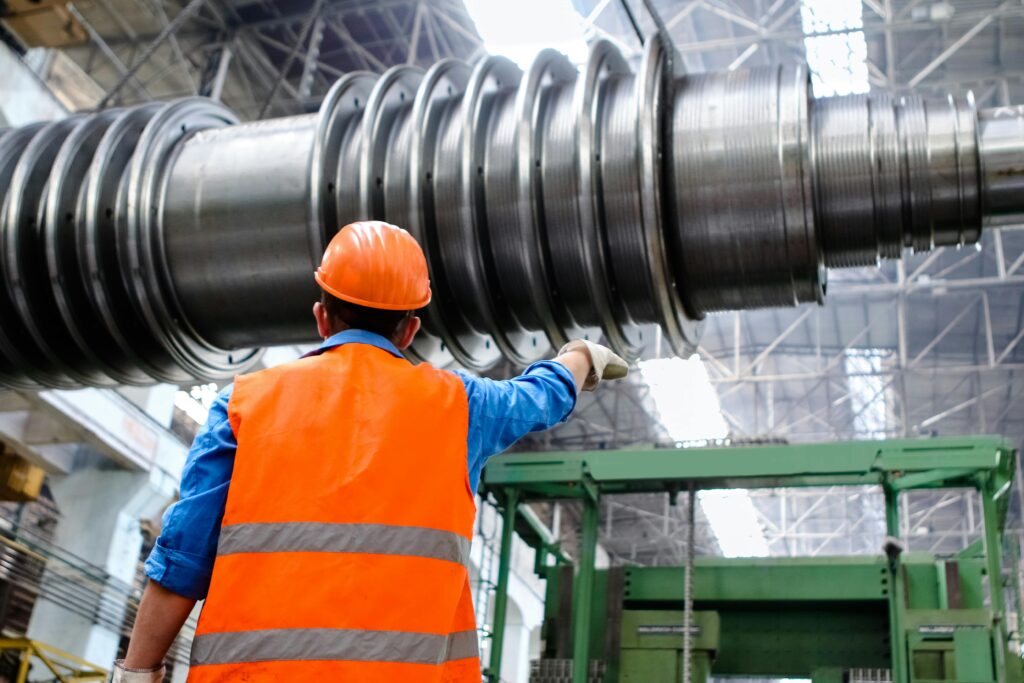
Motor control in manufacturing
One such example is motor control. Motors drive the bulk of manufacturing processes, including conveyor belts, factory hoists and processing equipment. Consequently, motor control systems are needed to adjust and fine tune a motor’s speed or torque to suit its application.
The efficiency and safety of these motor control systems depend heavily on how they are started, stopped and regulated. Historically, both AC and DC electric motors experienced high inrush currents upon starting. These currents overload the system and require the use of primary and reduced voltage starting resistors to keep starting currents and voltages at acceptable levels while maintaining sufficient torque.
However, the introduction of variable speed drives (VSDs) has helped to more effectively control the flow of energy from the mains to the manufacturing process. VSDs play an important part in the smooth operation of equipment such as industrial hoists, allowing for precise movement control when lifting and lowering loads.
Additionally, VSDs can help to limit a factory’s overall energy usage, which is key for the reduction of the manufacturing industry’s carbon footprint. According to ABB, VSDs can increase energy savings by up to 80 per cent. With industrial motor systems accounting for almost three-quarters of the sector’s electricity consumption, these energy savings can have a significant impact.
However, the use of VSDs also presents a challenge — harmonics. These harmonics result from the conversion of AC to DC and back to modulated AC, producing current waveforms that have a different frequency to that of the network. Left unchecked, they can cause damage to cable insulation, overheating and even equipment failure.
Harmonic filter resistors play a crucial role in mitigating these effects by dissipating unwanted frequencies as heat, ensuring smooth and reliable operation.
Safe stopping
Another instance where resistors are instrumental in factory operations is within conveyor belt systems. Such systems are widely used within manufacturing facilities to transport components and finished products between processing and packaging machines, reducing the need for material handling.
Conveyor belts must start, stop and adjust speeds with precision in order to carry materials efficiently. By converting excess kinetic energy as heat and dissipating it safely, dynamic braking resistors (DBRs) enable rapid braking and deceleration.
This is especially important in emergency stopping scenarios. Since conveyors possess several moving parts, such as rollers and pulleys, they can easily trap clothing, limbs or hair, creating a high risk of workers being pulled into the machinery. These kinds of incidents have resulted in deaths both in the UK and internationally, making timely and effective emergency stopping essential.
Design considerations
The design of resistors for industrial applications requires a thorough understanding of their operational environment. Factors like heat dissipation, durability under repetitive stress and compatibility with harsh conditions — such as high humidity or dust — are crucial. Cressall has extensive experience in the design and supply of custom and off-the-shelf resistors suited to the needs of manufacturing operations.
As industry continues to embrace new technologies, manufacturers should not overlook the role of more mature components such as resistors in improving their factory operations. Investing in high-quality, tailored resistors will help support the shift to safer, smarter and more sustainable processes.

